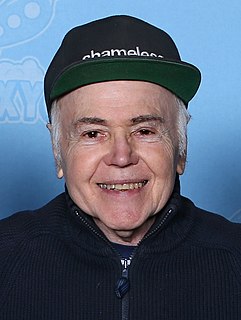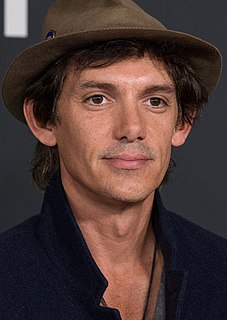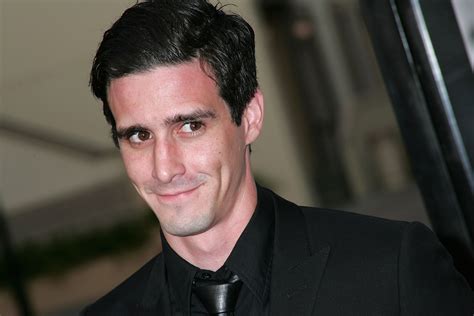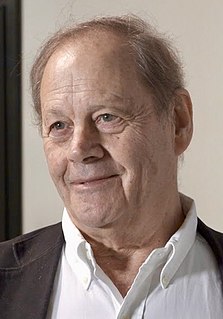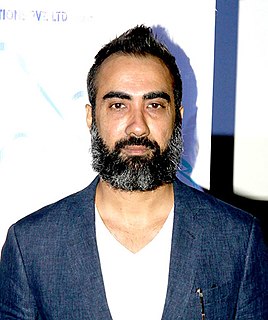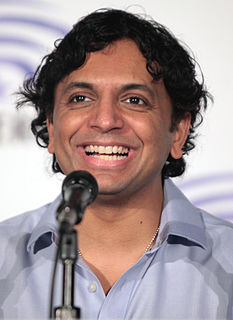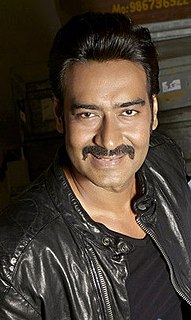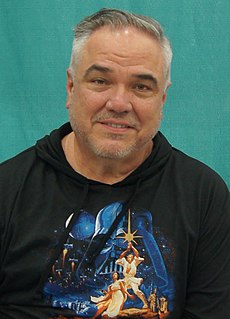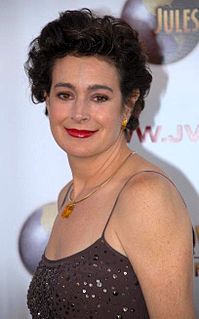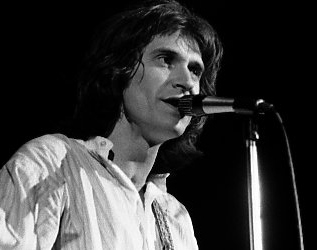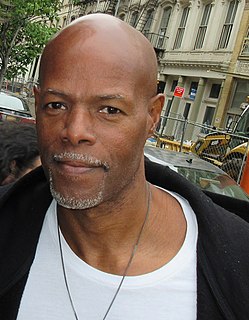Top 1200 Low-Budget Quotes & Sayings
Explore popular Low-Budget quotes.
Last updated on April 14, 2025.
People talk about the difference between working on stage and working on film. I think you could say that there are as many differences between working on low budget films and working on big budget films. You really are doing the same thing, but at the same time you're doing something vastly different as well.
It is a paradoxical truth that tax rates are too high and tax revenues are too low and the soundest way to raise the revenues in the long run is to cut the rates now Cutting taxes now is not to incur a budget deficit, but to achieve the more prosperous, expanding economy which can bring a budget surplus.
I think one of my favorite things about making low budget movies is that when you get into expensive moviemaking territory, it's almost impossible not to reverse engineer the movies. It's irresponsible not to think about the result and the financial result. But when you make low budget movies, you can put that out of your head.
But one of the rules I don't like to break is we still do - 95% of our movies are low budget. We're offered bigger, larger budget movies to produce a lot, and we don't do them. That's not to say there aren't exceptions, there are a few exceptions, but I try and stick by the rules that produce what I think is the highest quality, most innovative work and try and let the rules go that make us feel like we're retreading.
